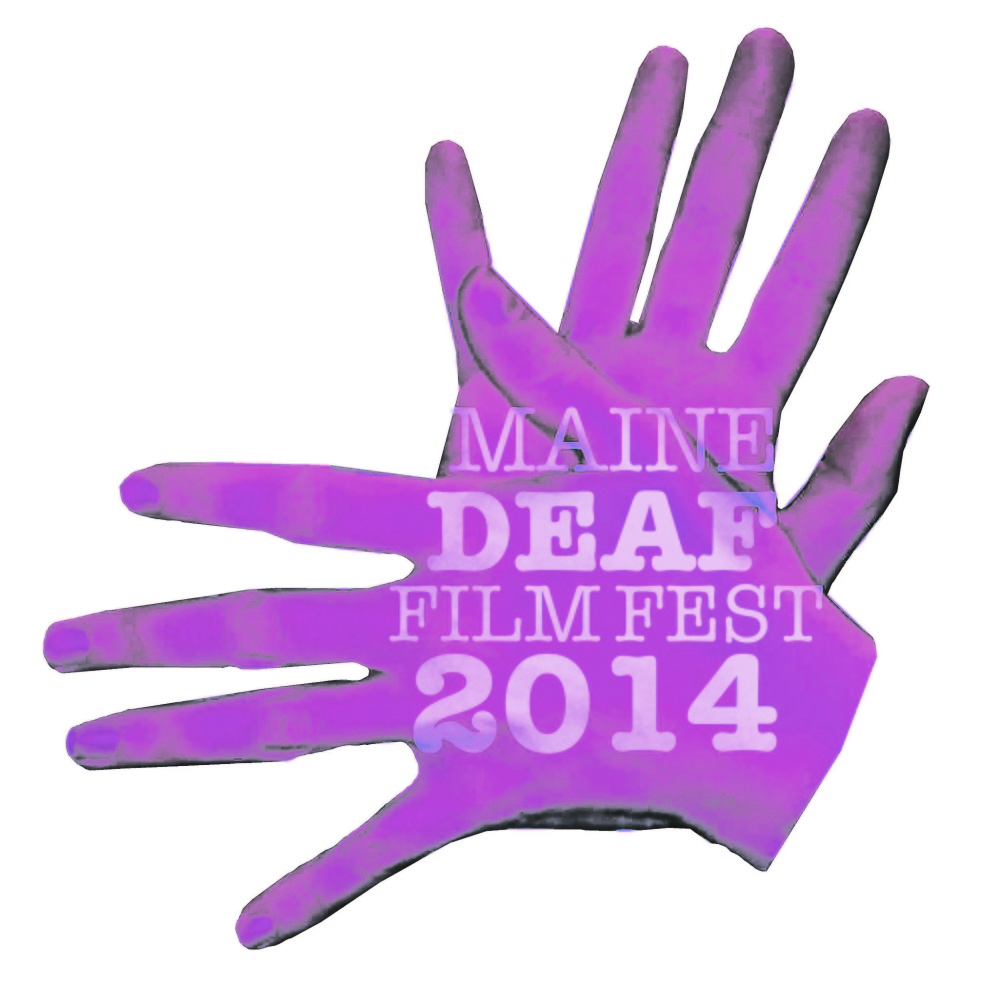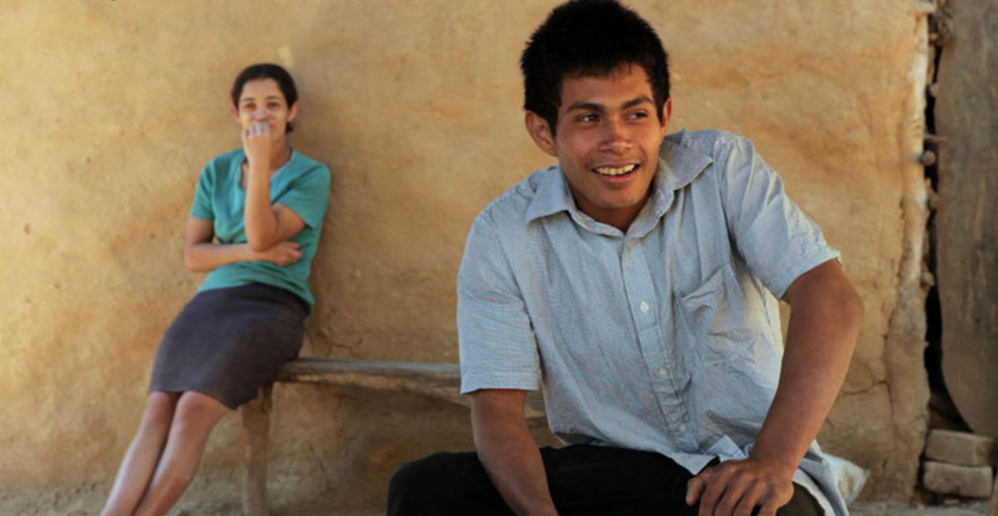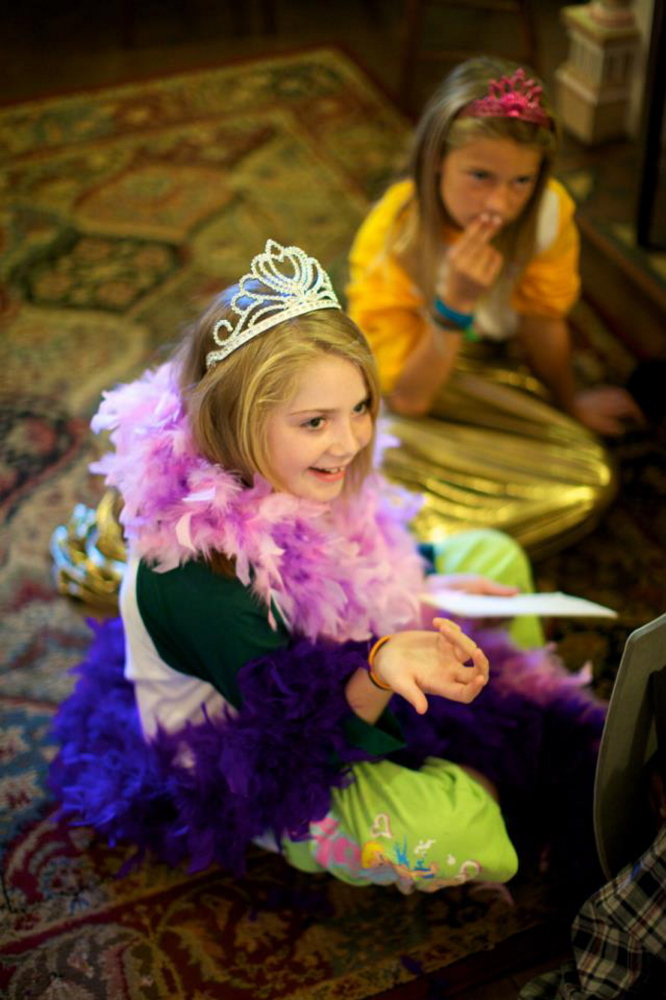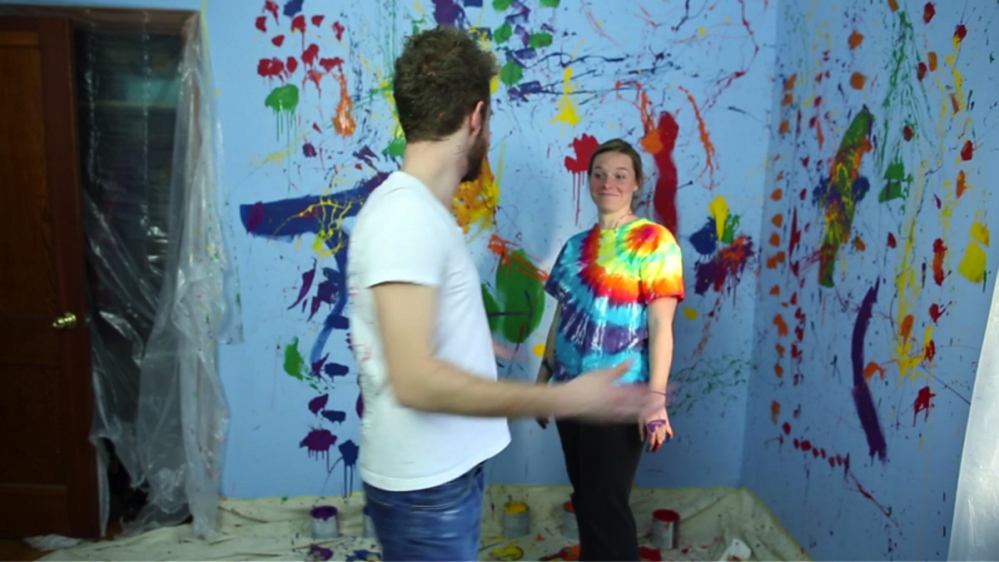For someone like me, going to the movies, as opposed to watching movies at home, is one of the chief joys in life. It’s sad to realize that, for deaf people, that singular pleasure often is not an option.
Sure, there’s subtitling on DVDs, closed captioning on television and foreign language films, but sometimes everyone, deaf or hearing, just wants to go to the theater, munch some popcorn and watch Liam Neeson kick some dudes in the face and mumble menacingly about his “particular set of skills.”
Enter the Maine Deaf Film Festival (mainedeaffilmfest.com), running Wednesday to Saturday, presented as ever by the University of Southern Maine’s American Sign Language Club. Brenda Schertz, a USM lecturer and coordinator of its American Sign Language program and the festival, says the MDFF, now in its 12th year, is “the longest standing and only annual festival in the world to showcase the newest films and innovative videos by and for the deaf communities.” She was kind enough to answer my questions via email.
For the deaf community, are traditional (non-subtitled) films simply not available to them?
Thanks to technological innovations, we now can enjoy non-subtitled films at Regal Cinemas! Randy Smith Jr., the chief administrative officer for Regal Cinemas has a deaf son and that helped tremendously in pushing this technology to benefit deaf people. In the past, deaf people would prefer to see foreign films over American films because they were subtitled, or we stayed at home to watch a DVD movie with captions.
How has the Maine deaf community embraced the festival over its 12-year history?
Attendance has been building steadily over the years. We started out small but then once deaf people saw how entertaining the films were they were hooked. It is not often we see films in our first language, American Sign Language … it is a huge difference watching deaf actors on film. Frequently the films incorporate elements of deaf culture so deaf people definitely feel at home watching these films.
The pool of films has grown tremendously.… In the first few years of the film festival we would receive several high- quality film submissions from the United Kingdom, because there is governmental funding for deaf filmmakers and filmmaking programs for deaf people. American deaf filmmakers have caught up and now they have gone beyond the classic deaf film where deaf and non-deaf people have come into conflict due to language and cultural misunderstandings.
Why is the festival so important to the Maine deaf community?
Most films that we show at the film festival reflect the deaf perspective from inside the deaf community rather than from outside the community. The films reinforce deaf values, culture, identity and signed languages rather than from the outside, which may portray deaf people as helpless or to be pitied, even though that has changed for the better more recently.
What is there for the non-deaf Maine film fan at the festival?
People who are fascinated with American Sign Language, or appreciate deaf culture would enjoy seeing films all with signed languages that are diverse. These films have great entertainment value, too.
The deaf film genre is constantly evolving and there are always discussions on how these films actually reflect our reality or our dreams that might shock most non-deaf people. Many people do not realize that there are many different signed languages around the world.
I suppose for most non-deaf people there is the “foreign film” novelty when watching deaf films and they would be reading the captions, too.
CHECK OUT the festival’s website for the complete roster of films and showtimes.
Dennis Perkins is a Portland freelance writer.
Send questions/comments to the editors.







Success. Please wait for the page to reload. If the page does not reload within 5 seconds, please refresh the page.
Enter your email and password to access comments.
Hi, to comment on stories you must . This profile is in addition to your subscription and website login.
Already have a commenting profile? .
Invalid username/password.
Please check your email to confirm and complete your registration.
Only subscribers are eligible to post comments. Please subscribe or login first for digital access. Here’s why.
Use the form below to reset your password. When you've submitted your account email, we will send an email with a reset code.